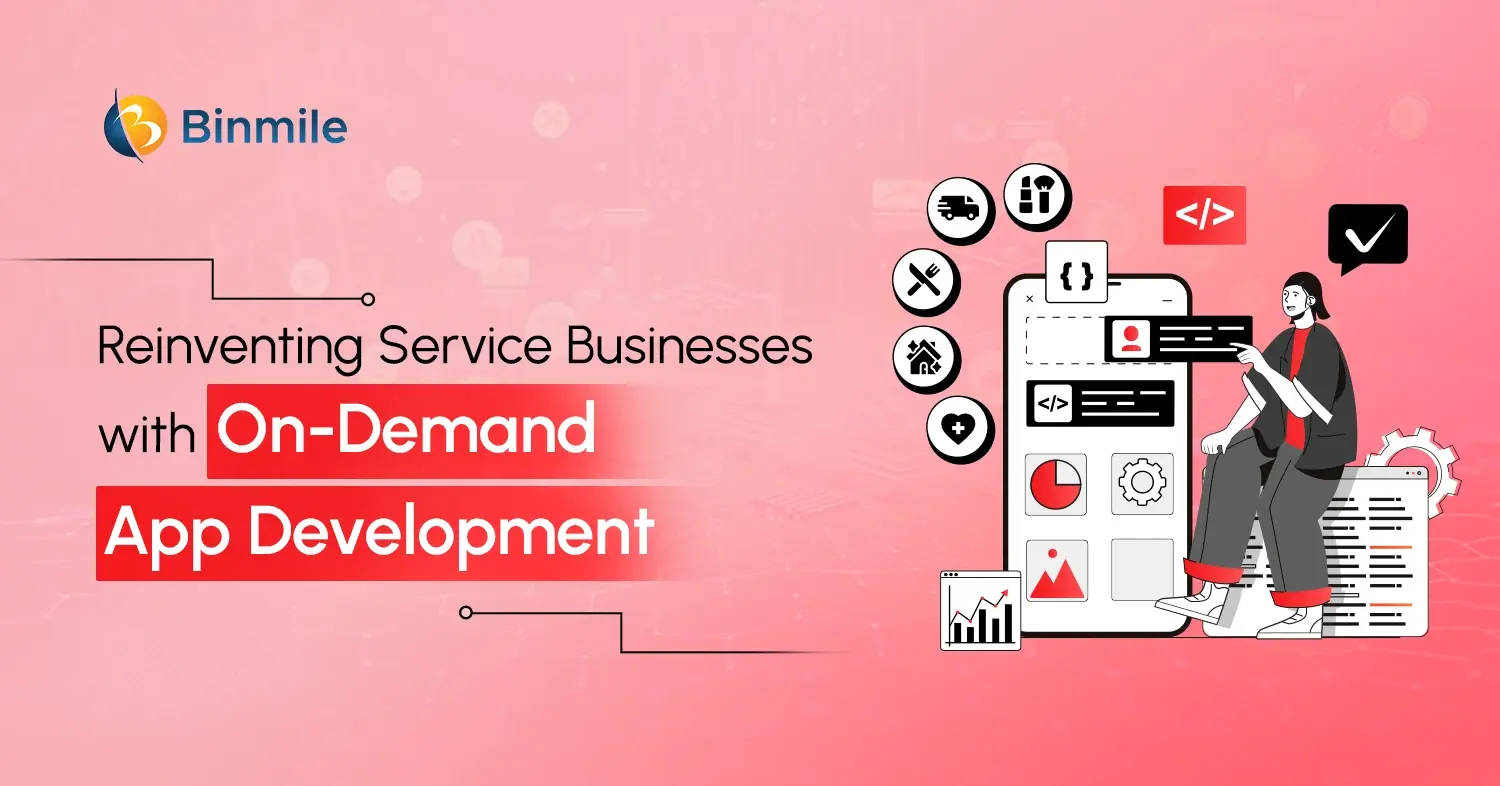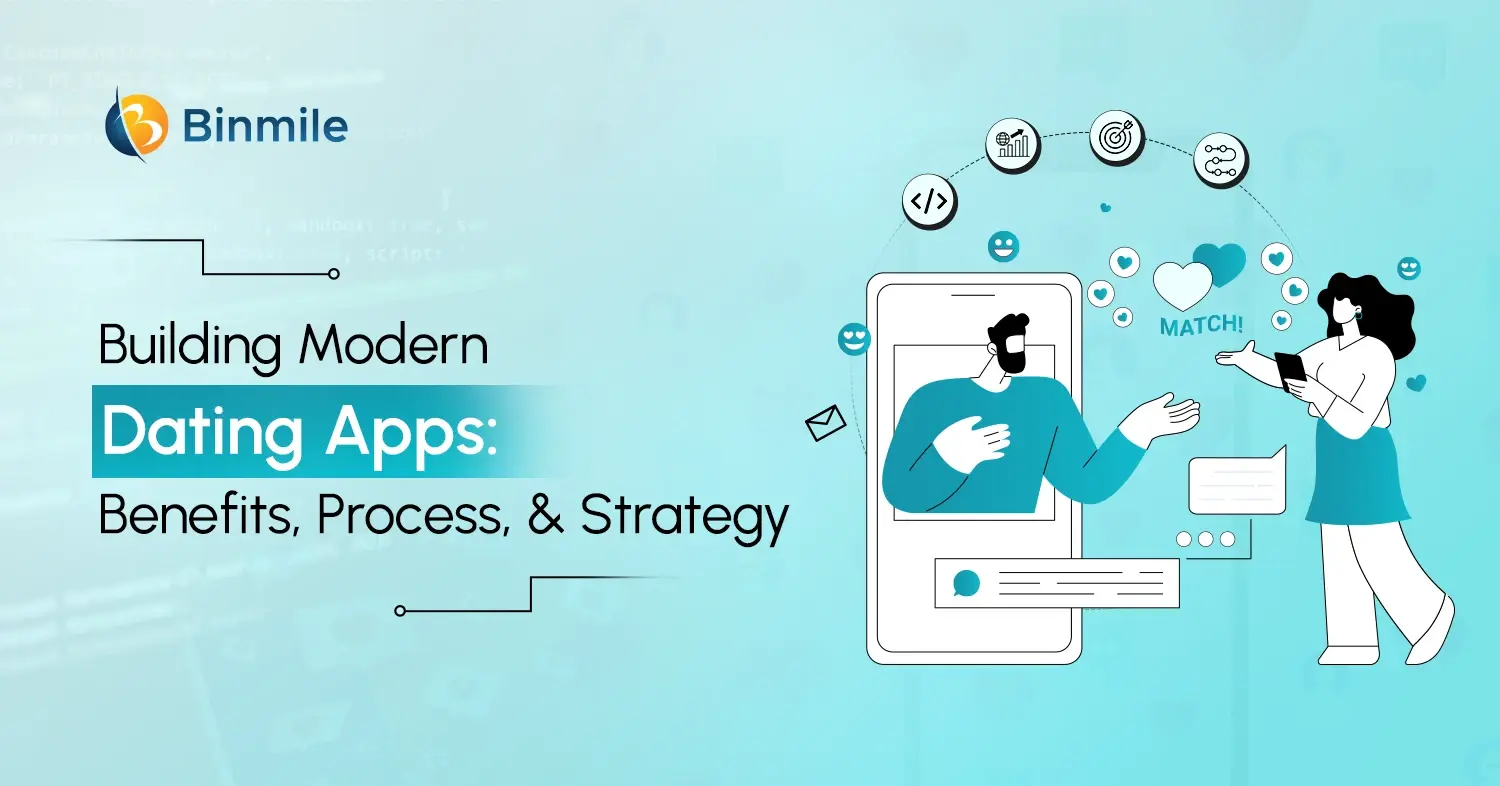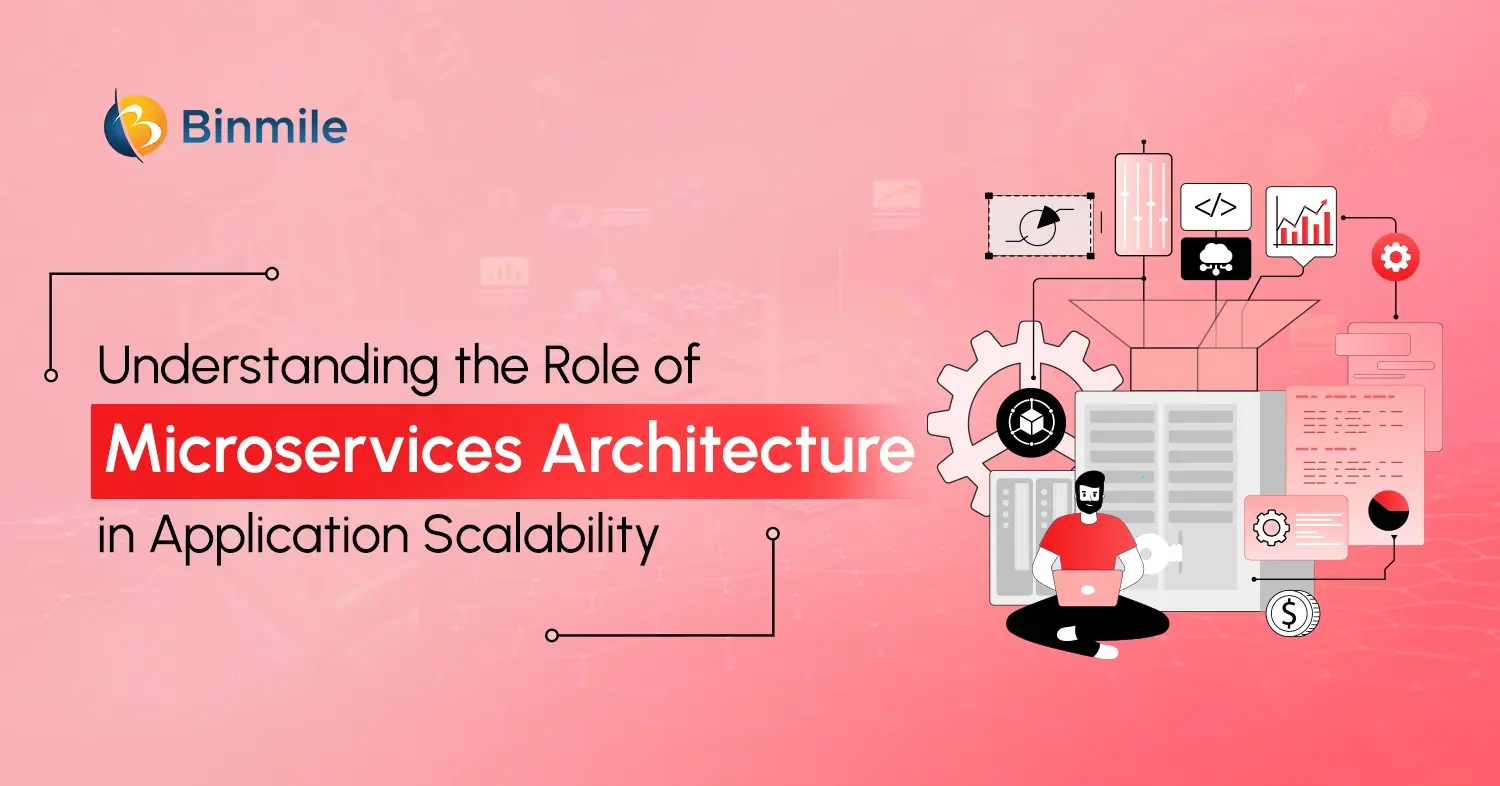Digital transformation is changing how businesses operate, build, offer services, and now even interact with their customers. One such exciting technology is the metaverse, which is the “convergence of physical and virtual space accessed through computers and enabled by immersive technologies such as virtual reality, augmented reality, and mixed reality.” It’s a 3-D virtual realm, shared with many users, that spans various digital platforms and merges with the physical world, and allows its users to shop, work, play, and hang out together in real-time. The reason your organization should also delve into metaverse app development is not just to find an immersive and interactive way to stay connected with customers, but it offers another transformative potential to businesses of all types.
As a technology, it supports a whole virtual economy where users can enjoy numerous activities like building a real business and monetizing a recreational area where others can come to play a game and open a VR clothing store. So, if you’re also interested in having a custom app developed for your metaverse product or service, then this blog is for you. We’ll discuss 7 essential steps to building a metaverse app for your business. In addition, we’ll also explore the fundamentals of the metaverse, and its top features, and provide answers to how much it costs to build a metaverse app.
Navigating the Future: Your Essential Guide to Metaverse App Development
There is no doubt the metaverse is an immersive, interconnected digital realm that can offer endless possibilities for businesses. So, whether you’re an established leader in technologies, an SMB owner, or a visionary startup, let’s walk you through some key steps to developing the Metaverse app.

#1 Define Your Vision
Begin by defining the purpose or goal of what you want to achieve through this app. Do you want to resolve an issue in your field or a service you want to offer its users? What will be your target audience: games, social networks, or a virtual economy? Reflect on how your app will benefit from using the properties of the metaverse. It includes immersion, presence, and interconnectivity. It will be of great help in formulating your overall concept and helping you stay focused throughout the process of designing and developing your product.
#2 Navigate the Technological Landscape
Search the existing metaverse and its development tools and environment. Some of them are Unity, Unreal Engine, and specific metaverse platforms, for example, Decentraland or Roblox. Then, select the ones based on their competency, how fast they learn, and what abilities they have based on your project requirements. Your platform choice will determine the kind of design you can employ as well as the specific technical needs of your website.
#3 Build the Digital Backbone
Consider the core features of your app by creating a seamless user account system, designing immersive virtual environments, and implementing intuitive interactions. Create these core features effectively with excellent displays and functional navigation, as well as with great narratives. It is forbidden to ignore the peculiarities, such as user preferences regarding metaverse items, the place of metaverse in culture, and the new trends.
#4 Craft Excellent User Experience
Focus on developing visually appealing, intuitive, immersive experiences. However, good UX is not solely about appearance in the metaverse, but spatial and auditory design, along with haptic, to let users connect with reality and other people. Consider how your app will leverage the unique properties of the metaverse, such as immersion, presence, and interconnectivity. This foundational step will shape your design and development journey, ensuring you have a clear vision and keep your focus throughout the process.
#5 Opt for development with a Metaverse MVP
Choosing to go with MVP development services can be a good starting point for your metaverse journey. Thus, create an MVP for your metaverse app with core functionalities to collect real-world feedback and improve according to it. An MVP lets you prove the idea, find pain points, and align features for development without putting a lot of bucks upfront. Therefore, as user feedback rolls in, your development can work to continuously scale, improve, and enhance your app.
#6 Integrate XR & Interoperability With Scalability
Incorporate advanced technologies such as extended reality technologies (XR) like virtual reality (VR), augmented reality (AR), or mixed reality (MR). They can enhance your core experience by providing unique interactions and a deeper sense of immersion. Also, consider how your app can connect with other metaverse platforms and import/export virtual assets. Therefore, design your app with interoperability and scalability in mind. It also means building your systems to handle significant growth in user base and data.
#7 Test, Iterate, and Launch
Conduct thorough testing of your app, focusing not only on technical testing for bugs and performance issues but also on user testing to gauge the effectiveness of your experience. Use the feedback you gather to iterate and refine your app. Further, don’t skip the security of your app. Implement robust security measures or audits to identify and address potential vulnerabilities, leverage strong data protection tools, and also educate users about safe practices in the metaverse. Post-launch, implement continuous updates and improvements based on user behavior and evolving metaverse standards.
Step into the Future: Let Our AR/VR Experts Design Immersive Experiences That Leave a Lasting Impression on Your Users!

Metaverse App Development Cost: Breakdown for Different Industries
The metaverse development cost depends on the specific industry, features you’re looking for, and even the platform you want to develop it for, and can be between $30,000 and $5,00,000 or more, depending on your app development services requirements.
| Metaverse Industry Development | Estimated Cost |
|---|---|
| Metaverse Banking Platform | $50,000 to $500,000 |
| Metaverse Real Estate Platform | $35,000 to $300,000 |
| Metaverse Game | $30,000 to $300,000 |
| Metaverse Healthcare | $30,000 to $300,000 |
| Metaverse Fashion | $30,000 to $250,000 |
| Metaverse eCommerce Platform | $25,000 to $400,000 |
| White label NFT Marketplace | $50,000 to $500,000 |
Key Features of Your Metaverse App

- Virtual stores offer products and services for purchase within the metaverse.
- Social spaces that facilitate social interactions and community building.
- Gaming Worlds to provide immersive gaming experiences within the metaverse.
- Digital assets for letting users own and trade virtual items and currencies.
- Avatar Customization enables users to personalize their digital representations.
- Event Hosting to support hosting virtual events, conferences, and concerts.
- Education platforms that offer educational courses and experiences in the metaverse.
- Creative tools for users to create and share content within the metaverse.
- Real-Time Interactions to interact with each other in real-time within the metaverse.
- Data Analytics: Collect and analyze user data to improve the metaverse experience.
Your Idea, Our Innovation: Elevate your business with innovative mobile apps designed to drive engagement and growth.

Overview of Metaverse: Top Features, Opportunities & Challenges
The global metaverse market size was estimated at $82.02 billion in 2023 and is projected to grow at a CAGR of 43.9% from 2024 to 2030. This growth has been driven by the integration of spatial technologies that enable users to engage with digital content as if it exists in their physical surroundings, blurring the boundary between virtual and real-world experiences. Moreover, companies are increasingly adopting technology to create immersive products and services to enhance user interactions and bridge the gap between the digital and physical realms, driving innovation in various industries. For instance, Microsoft has been integrating metaverse elements into its various products, including Teams, Dynamics 365, and Minecraft.
However, when you go for metaverse app development, you’re creating an app just like the other apps, with all its benefits, challenges, and concerns. While metaverse apps and technologies are opening a new stream of opportunities for businesses to engage with customers and offer services or products, some challenges need to be looked into. Even though use cases for the metaverse are still in the nascent stage, as the metaverse grows, it’s going to enable the next iteration of the internet to mature.
Addressing regulatory and ethical concerns is essential, just as it’s essential for businesses to adopt stringent measures to prevent fraudulent activities and content moderation to keep users safe. We believe, that with a proactive commitment and engagement with policymakers and regulators, businesses can help establish clear guidelines and best practices for metaverse development and offer users experiences that are not only immersive but also safe.
Closing Statement
The tech-savvy modern consumers are switching to advanced VR and AR-based technologies and are expecting more and more immersive and creative ways to engage with businesses and their offerings. Businesses must tap into this transformative technology and dive into metaverse app development to build brand value and stay relevant. However, success in the metaverse isn’t just about technology—it’s about creating meaningful, secure, immersive experiences that resonate with users. Moreover, the metaverse is still evolving, and opportunities are constantly emerging. So, stay informed about the latest AI development trends and technologies, experiment with different approaches, and be prepared to adapt as the metaverse landscape continues to shape.
Hopefully, this blog has offered you some insight into developing the Metaverse app to harness the power of this new paradigm and drive business growth and customer engagement. If it seems too overwhelming, consulting professional AR app development services companies can help you move towards the future. Their industry-wide exposure in AR app development and niche expertise in building apps across verticals can advance your core business goals and let you lead this Metaverse bandwagon like a pro!









